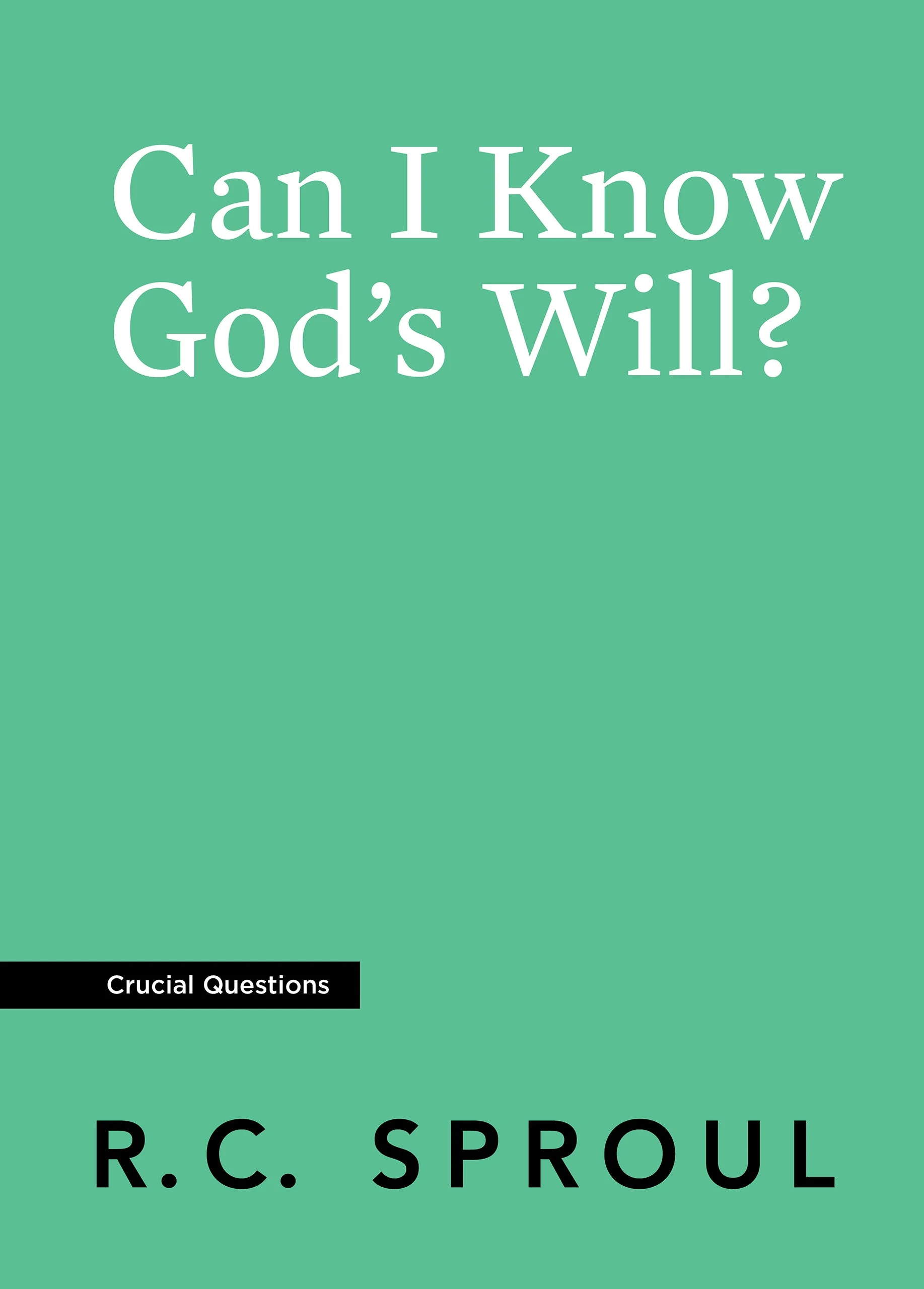
Alice in Wonderland came to a fork in the road. Icy panic stung her as she stood frozen by indecision. She lifted her eyes toward heaven, looking for guidance. Her eyes did not find God, only the Cheshire cat leering at her from his perch in the tree above. “Which way should I go?” blurted Alice.
”That depends . . . ,” said the cat, fixing a sardonic smile on the confused girl.
“On what?” Alice managed to reply.
“On your destination. Where are you going?” queried the Cheshire fiend.
“I don’t know . . . ,” stammered Alice.
“Then,” said the cat, with grin spreading wider, “it doesn’t matter.”
It matters to the Christian. Every Christian has a destiny in the kingdom of God. We are a pilgrim people, a people on the move--our destination matters. The days of wandering in the wilderness are over. The Promised Land has been reached and made secure. Yet we still seek a better country, an eternal city whose builder and maker is God. Though we do not wander aimlessly or grope in darkness for a clue to our future, the specifics of our personal futures are, nevertheless, unknown to us. We must still walk by faith rather than by sight.
We are certain that there is a future for the people of God. The ultimate destination is clear. But what of tomorrow? We feel anxious about the future as other people do. With the child we ask, “Will I be pretty? Will I be rich? What will happen to me?”
Every Christian has a destiny in the kingdom of God. We are a pilgrim people, a people on the move—our destination matters.
Concern for our hidden destiny can fill us with fear. The paralyzing power of worry can obstruct our progress. As long as there have been people, there have been soothsayers and wizards exploiting our anxieties. If prostitution is the world’s oldest profession, surely fortune-telling is the second oldest. “Tell me of tomorrow” is the plea of the stock market speculator, the competitive businessman, the sports forecaster, and the young couple in love. The student asks, “Will I graduate?” The manager muses, “Will I be promoted?” The person in the doctor’s waiting room clenches his hands and asks, “Is it cancer or indigestion?”
People have examined lizard entrails, snake skins, the bones of owls, the Ouija board, the daily horoscope, and the predictions of Jimmy the Greek--all to gain a small margin of insurance against an unknown future. The Christian asks, “What is the will of God for my life?”
To search for the will of God can be an exercise in piety or impiety, an act of humble submission, or an act of outrageous arrogance--depending on what will of God we are looking for. To try to look behind the veil at what God has not been pleased to reveal is to tamper with holy things that are out of bounds. John Calvin put it this way, “Where God has closed his holy mouth, I will desist from inquiry.”
On the other hand, it is a delight to God to hear the prayers of His people when they individually ask, “Lord, what do you want me to do?” The Christian pursues God, looking for his marching orders, seeking to know what course of action is pleasing to him. This search for the will of God is a holy quest--a pursuit that is to be undertaken with vigor by the godly person.


